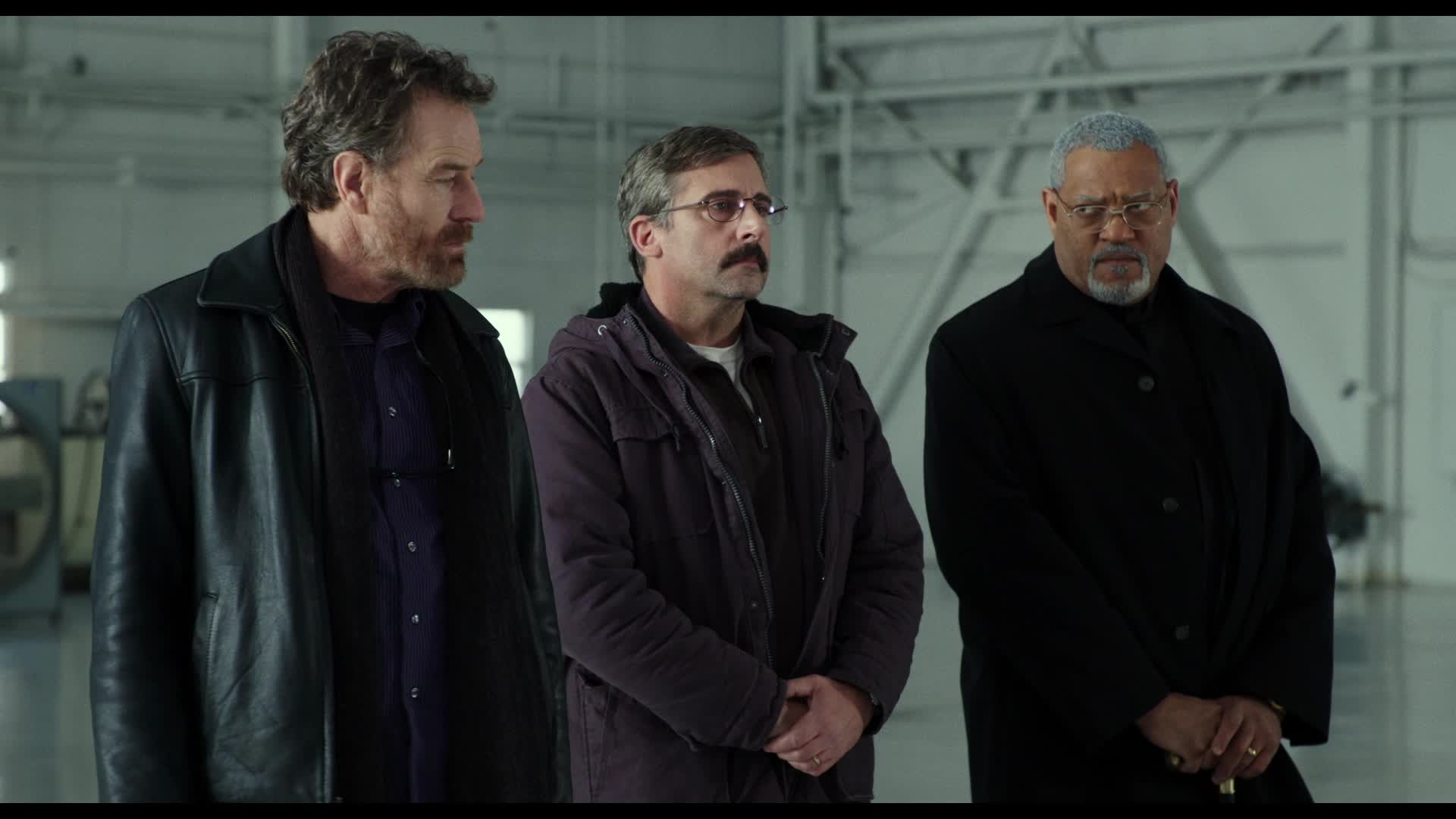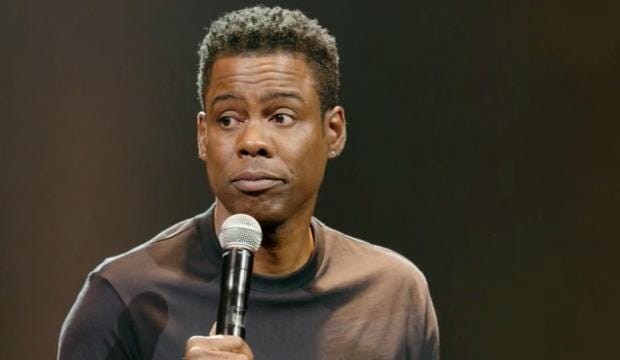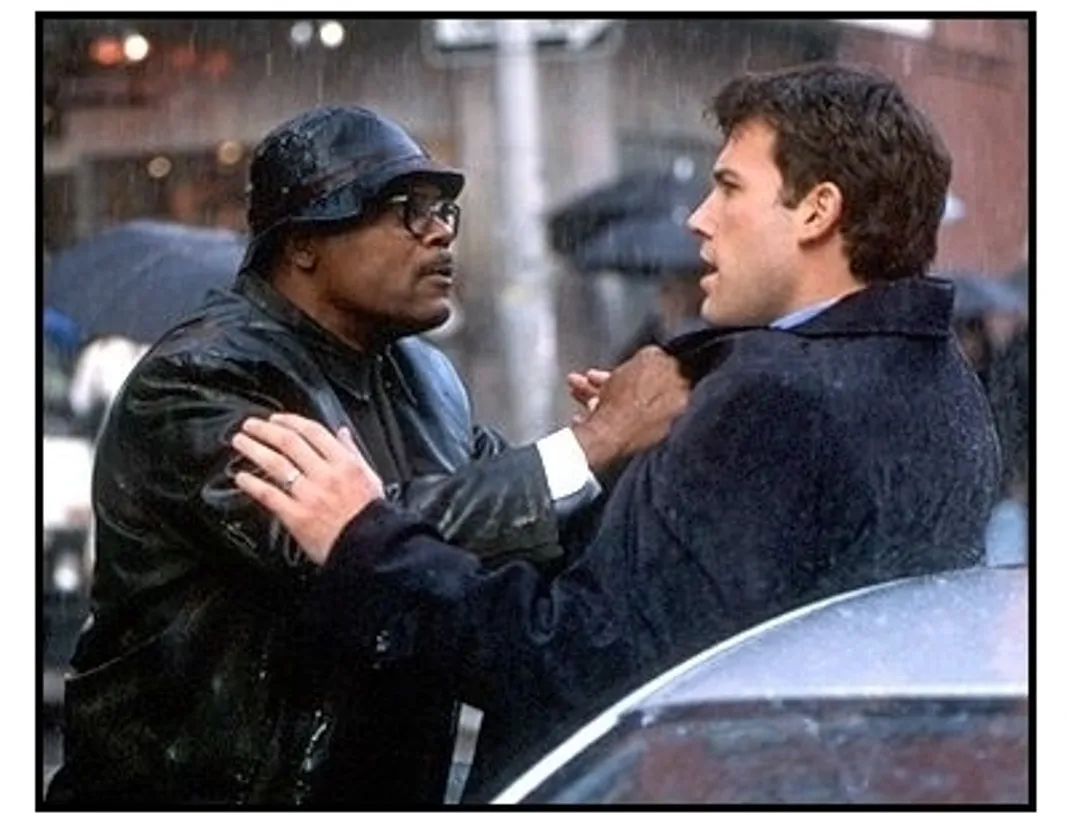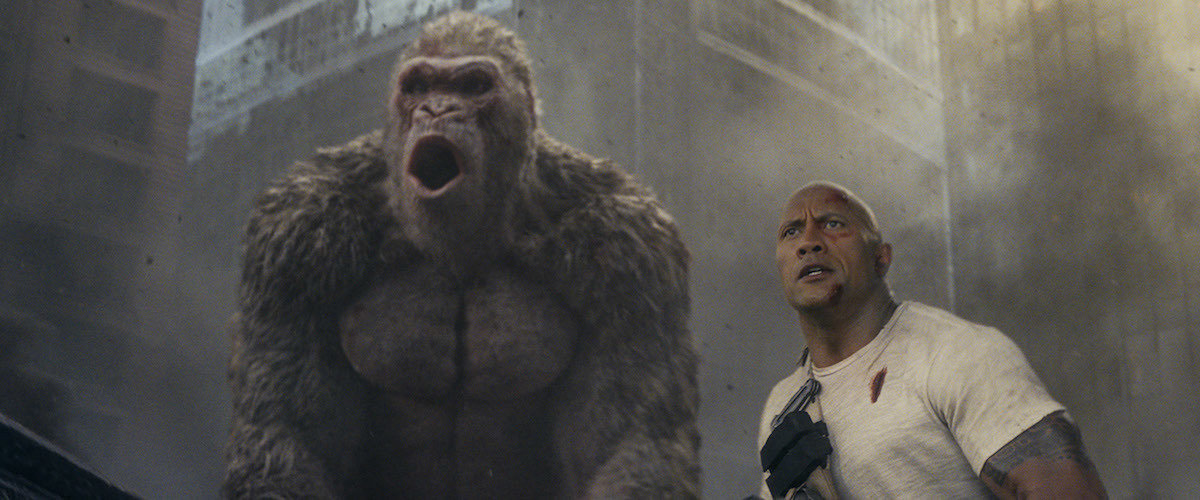
Directed by: Richard Linklater
Starring: Bryan Cranston, Steve Carell, Laurence Fishburne, Yul Vazquez, Cicely Tyson, J. Quinton Johnson
Last Flag Flying confronts the bitter feelings and ambivalence the Iraq War caused our nation. With Donald Trump in office, suddenly George W. Bush's presidency seems competent by comparison.
But, let's not forget the mess that was the Iraq War, in which a President endangered the lives of thousands, maybe even millions, based on a lie which served to further his political agenda. Young men, like Larry Shepherd Jr, son of Larry "Doc" Shepherd (Carell) return home in a casket with hollow declarations of sorrow and heroism from a Marine Colonel who didn't even know the deceased soldier. Why did he have to go to Iraq and die? How did he die? Is the truth much worse than the fictional story the Colonel concocted? We learn soon enough and it only muddies the waters further.
There are no easy answers. Doc was a Vietnam vet himself who spent two years in a military prison for reasons which are murky. It involved the death of another soldier, for sure, but how and why is only partially explained. Nonetheless, it causes great regret for Doc and his two military buddies Sal (Cranston) and Reverend Richard (Fishburne), who he asks to accompany him to New Hampshire to bury his son next to his recently deceased mother. Doc has had an awful year, and spends a lot of his time in wordless silence which masks his pain. Words may not have been invented yet to adequately describe his heartache.
Last Flag Flying begins in late 2003, many months after Bush declared "Mission Accomplished" much, much too prematurely shortly after the Iraq War began. Many more American soldiers perished years after this declaration, which was one of many empty promises declared by the Bush administration about Iraq. Doc finds Sal owning a dive bar in the seedy section of Norfolk, Va. It takes some time for Sal to recognize Doc, but he does and they spend the night drinking. The next morning, still hung over, Doc and Sal take a ride to seek out their other old buddy Richard, who was once a party animal but now is a reverend and speaks at his own church. He seemingly has left his Marine past behind, but once he gets on the road with Sal and Doc, we see traces of the old Richard emerge.
Sal is the most outspoken of the three, openly defying authority and Richard's religious beliefs. Does he behave like this to mask his own inner demons, or is he trying to move on from them the best he can? Maybe a little of both. Oh, and he drinks a lot. Richard at first is reluctant to go along for the ride, but after the urging of his loving wife, he realizes his preaching is meaningless if he doesn't help out a friend in his time of need. Richard is a man at peace with himself, but hasn't forgotten his troubled past either. Especially the one which got Doc thrown in the brig for two years.
We have three unique personalities played by three terrific actors who find the fine line between comedy and dramatic truth. Cranston, Carell, and Fishburne are all wonderful in their performances here, giving us three dimensional people at odds with themselves, but never in a heavy-handed way. With the exception of a few missteps, including inexplicably making the Colonel an unabashed heavy with a completely unconvincing speech to the soldier who will accompany Larry Jr's body to New Hampshire, Last Flag Flying understands human nature and how war upsets it and brings out the best and worst in it.
The final moments deliver an emotional payoff which makes the journey worthwhile. It is puzzling to see how movies which deal honestly with the devastating effects of war like this film and Thank You for Your Service (2017) barely register at the box office, while American Sniper (2014) made over $200 million at the box office and was little more than a military propaganda piece about a controversial Iraq War soldier. That movie lovingly portrayed the war sequences, while zipping by those scenes which depict the negative effects the war had on its protagonist. I'm guessing people would rather see war propagandized than dealt with brutal, painful honesty. And that's a shame.















